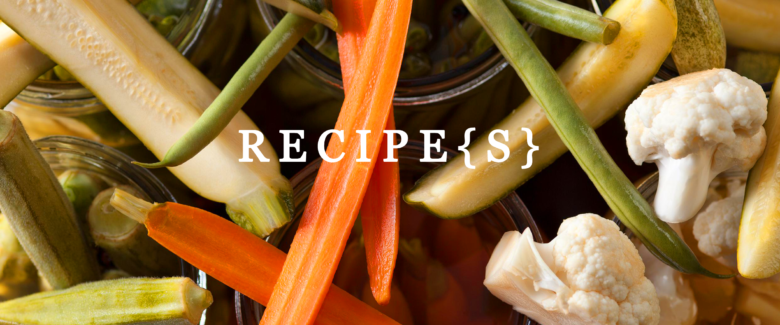One of my favorite meals comes from a small restaurant in Birmingham, Michigan. It’s called 2941 Mediterranean Street Food. For your bowl, you get to choose a protein, a sauce, two pickled vegetable sides, and a salad. You can add a grain and bread as well but I skip it. Even their mini bowls are so filling I don’t miss the extra carbs. The combinations are virtually endless. Over the last few months, I have shared recipes, that together, recreate one of my favorite versions of this dish. So, pull out your tandoori chicken, garlic sauce, and Turkish salad. Add some pickled vegetables and harissa (if you want some spice) and you have an amazingly delicious and healthy meal.
I like the pampered feeling of eating out. To ensure that it doesn’t lose that magic I look to recreate those dishes at home. Usually with a healthier twist. Sometimes that means just switching out the vegetable oils they use in restaurants with high-quality olive oil. It may mean switching out a grain with more veggies like zucchini noodles or cauliflower rice.
What I really want to point out in this recipe is the pickled vegetables. The benefits of probiotics are common knowledge by now and pickled vegetables are a great way to get them. As long as they are fermented!
You can have pickles that are not fermented and therefore do not have the beneficial probiotics and you can have pickles that are. You can make them yourself or you can buy them. Whatever works for you, do that. A great book on the matter is Wild Fermentation by Sandor Ellix Katz. If you want to purchase them make sure you choose brands that do it properly. I recommend Bubbies, Gold Mine, Oregon Brineworks, Rejuvenative, Micro Mamas and BAO Food and Drink.
Fermentation makes the vegetables more digestible, more nutritious, and can help protect us against disease. Eating more vegetables help reduce cholesterol, improves digestion, and provides nutrients needed to help balance blood sugar and blood pressure.


